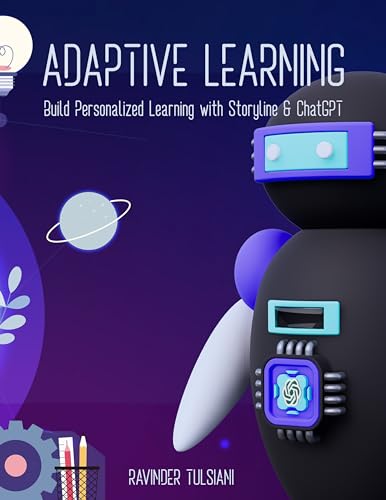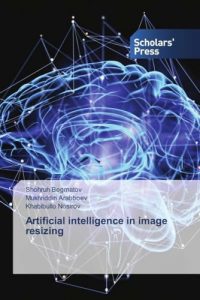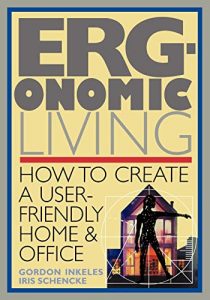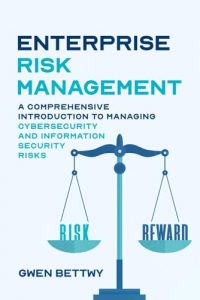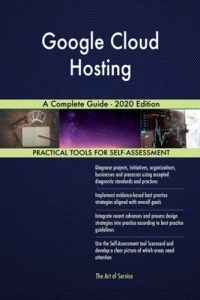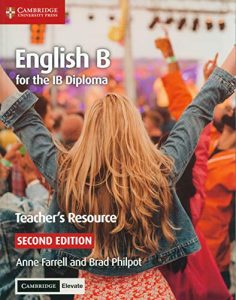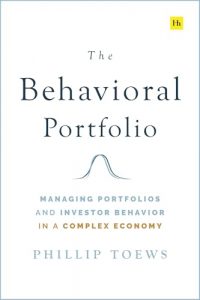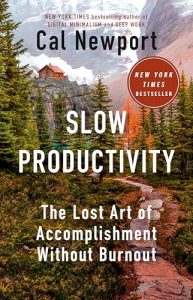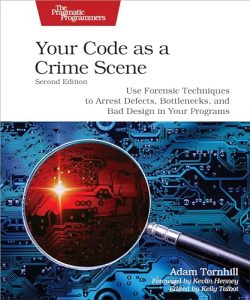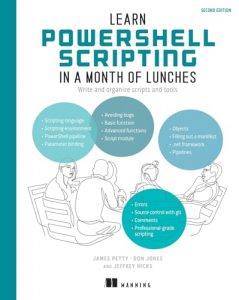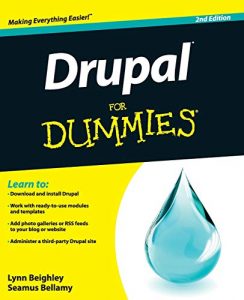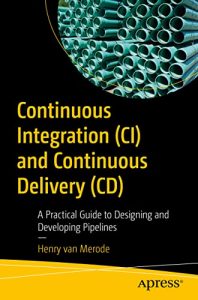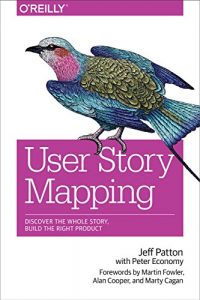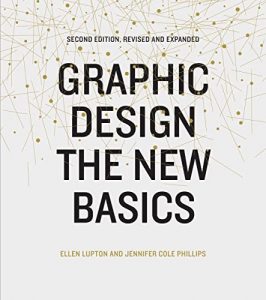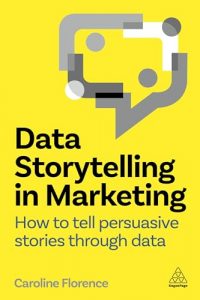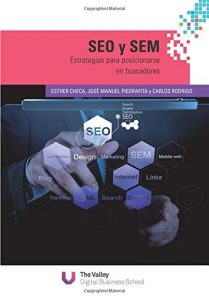1. Adaptive Learning: Build Personalized Learning with Storyline & ChatGPT
This innovative book by Ravinder Tulsiani dives into the fusion of adaptive learning with cutting-edge AI technology like ChatGPT. With personalized learning becoming increasingly essential in educational landscapes, this guide offers unique strategies for educators and trainers. Whether you’re developing engaging content or seeking to tailor learning experiences to individual needs, this book is an invaluable resource. It delves into practical applications and real-world scenarios that make it essential reading for anyone involved in education or training.

2. Probabilistic Machine Learning: An Introduction
Kevin P. Murphy’s “Probabilistic Machine Learning: An Introduction” is a cornerstone text in understanding the complexities of machine learning through a probabilistic lens. This book balances theory with practical implementation, providing readers with the necessary tools to approach machine learning with confidence. Ideal for students as well as professionals, Murphy’s insights will guide you through foundational concepts and complex models, making it a must-read for anyone looking to expand their knowledge in AI and machine learning.

3. Data Analytics and Adaptive Learning
In their collaborative work, Patsy D. Moskal, Charles D. Dziuban, and Anthony G. Picciano present a comprehensive exploration of how data analytics interplay with adaptive learning. This book emphasizes the significance of analytics in refining educational strategies and improving student engagement. The authors provide insightful case studies and practical examples, demonstrating that harnessing data effectively can lead to significant advancements in the learning environment. This book is perfect for educational professionals eager to embrace data-informed practices.

4. Adaptive Behavior and Learning
J. E. R. Staddon’s “Adaptive Behavior and Learning” offers profound insights into the relationship between adaptive behavior and learning processes. This book explores the fundamental principles of learning theories in behavior analysis and highlights their applications. Staddon’s writing is accessible yet deeply knowledgeable, making it suitable for both newcomers and seasoned professionals in psychology and education. It is essential for understanding how adaptive skills can be developed, making it invaluable for educators and caregivers focused on fostering such behaviors in learners.

5. Deep Learning
Authored by Ian Goodfellow, Yoshua Bengio, and Aaron Courville, this book is a definitive source for anyone serious about mastering deep learning. It serves as both a textbook for academics and a practical guide for industry professionals. Covering everything from the basics to advanced concepts, this comprehensive book aids readers in navigating the rapidly evolving field of deep learning. With its clear explanations and in-depth discussions, it is an essential addition to the library of any data scientist or machine learning aficionado.

6. Reinforcement Learning, second edition: An Introduction
Richard S. Sutton and Andrew G. Barto provide an authoritative overview of reinforcement learning, a crucial area of machine learning. This updated edition presents new developments in the field while remaining grounded in the original material that has shaped modern AI. This book merits a place on every machine learning enthusiast’s shelf, as it blends theoretical concepts with practical applications. Readers will benefit from clear explanations and numerous examples, making the complexities of reinforcement learning accessible to all.

7. Learning Theory from First Principles
Francis Bach’s “Learning Theory from First Principles” is a fresh take on the foundations of learning theory. This book elucidates core principles in a manner that is both accessible and enlightening. An essential read for anyone looking to deepen their understanding of learning mechanisms, especially in the context of AI, it breaks down complex theories into digestible insights. This upcoming publication is eagerly anticipated for those keen to ground their machine learning knowledge in established theories.

8. Probabilistic Machine Learning: Advanced Topics
Expanding on his previous work, Kevin P. Murphy dives deeper into advanced concepts in probabilistic machine learning in this insightful text. This book is tailor-made for those with a solid foundation in the field who are eager to explore complex topics like Bayesian methods and graphical models. With its emphasis on advanced techniques, Murphy’s book serves as a vital resource for graduate students, researchers, and professionals aiming to stay at the forefront of machine learning advancements.

9. Handwriting Brain-Body DisConnect
In this pioneering book, Cheri L. Dotterer and Anita M. McLaurin address crucial educational techniques to assist children with dysgraphia. With a focus on adaptive teaching strategies, the authors provide effective methods for fostering writing skills in the classroom and at home. This book is essential for educators and parents seeking to understand dysgraphia and successfully support affected children, making it an invaluable long-term resource in educational communities.

10. Learning for Adaptive and Reactive Robot Control
This work by Aude Billard, Sina Mirrazavi, and Nadia Figueroa explores innovative approaches in robot control through adaptive learning techniques. This book combines theoretical principles with real-world applications, making it a must-read for engineers and researchers in robotics. By understanding how robots can learn and adapt, readers will gain insights that are crucial in an era where automation is reshaping industries. It is an essential reference for anyone interested in intelligent robotics.


